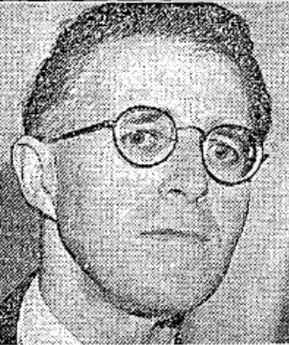

I am a humanist, a rationalist. My mother said to me, some weeks before she died, that she would die ‘an unrepentant pagan’. Her spirit was one of the finest, most selfless that I have known. What she called ‘mumbo-jumbo’ would certainly not have added to her, had she returned to it, but would rather have sadly diminished her. I am glad she died free, as I shall, and as I hope my children will.
Owen Sheehy-Skeffington
A founding member of the Irish Humanist Association in 1967, Owen Sheehy-Skeffington was a respected educator and politician, serving as a Senator from 1965 until his death. His central focus was education, as well as being an opponent of capital punishment and a supporter of anti-colonial struggles. Sheehy-Skeffington was notable for his willingness to champion unpopular causes, and to stand by his convictions and values, an ardent believer in the centrality of freedom of thought, and open debate.
Owen Sheehy-Skeffington was an activist, politician, and academic, who came from a family of activism and political campaigning. Owen was the son of Francis Sheehy-Skeffington (1878–1916), an Irish nationalist and pacifist who was shot by a firing squad in 1916. Owen’s mother Hanna Sheehy-Skeffington (1877–1946), was also heavily involved in politics, both in the Irish suffragette and nationalist movements. Both Francis and Hanna were involved in the Easter Rising and heavily influenced Owen, who continued to fight for women’s rights along with other political movements. Owen, like his parents, was a prominent atheist and was involved in the creation of the Humanist Association of Ireland.
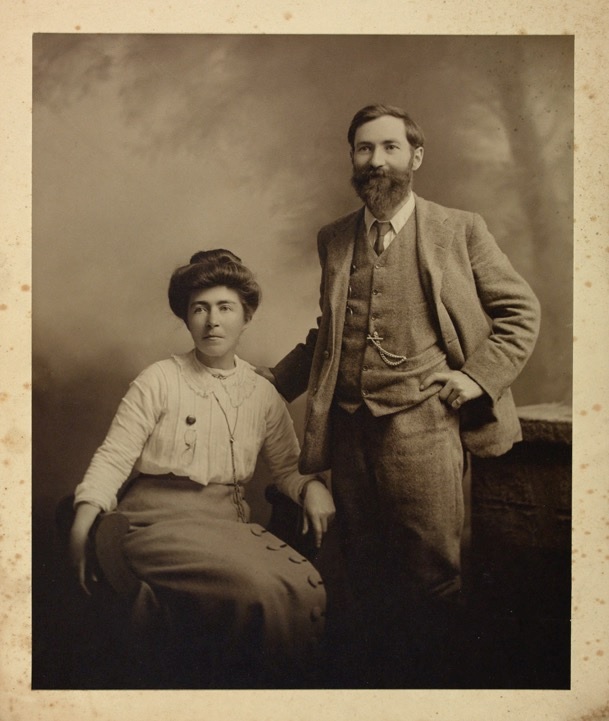
Owen Sheehy-Skeffington was born on 19 May 1909 in Dublin, Ireland. From an early age, he was exposed to the chaotic political landscape of Ireland at the time. Despite dying when Owen was 6 years old, Francis Sheehy-Skeffington had already heavily influenced Owen with his socialist views. After his father’s death, Owen was taken to the United States by Hanna and educated at Sandford Park, a non-denominational school. Owen then studied modern languages at Trinity College, Dublin.
After completing his studies and marrying, in 1935, Andrée Denis, a French socialist who was also very politically active, Owen became a French lecturer at Trinity College. From the years 1940-3 Owen was a brief member of the Irish Labour party, before being expelled. This was primarily due to conflicting views, with Owen continuing to push for further social justice along with far-left wing views. In 1954 he was elected as a Senator and member of the Seanad Eireann for Dublin’s University Constituency. Owen served four terms as a Senator, from 1954-61 (when he lost his seat) and from 1965-1969. As a Senator he was known for promoting human rights, including in opposing apartheid and working to end corporal punishment in Irish schools. Owen also fought for secularism in Irish schools, helping set up the Humanist Association of Ireland.
Owen Sheehy-Skeffington died suddenly on 7 June 1970.
A man of strong humanist and liberal beliefs he was a central figure in many public controversies. In debate he was fearless, ardently and relentlessly espousing the causes he championed.
Michael Collins, 10 June 1970
The Sheehy-Skeffingtons were a remarkable family of humanist activists, working tenaciously for human rights in Ireland. Both Francis and Hanna continuously pursued Irish Independence, women’s suffrage, and secularism, and Owen continued their legacy, devoting his life to the defence of liberal values. Speaking at his funeral in 1970, Sean O’Faolain described Owen Sheehy-Skeffington as ‘one of the noblest and most complete men our country has ever produced’. His wife and fellow activist Andrée, who published a biography of Sheehy-Skeffington wrote:
His was a humanist’s goal with emphasis on service to society and tolerance. Some socialists might have derided it, on the grounds that it was suited to an élitist class and that to aim at this type of education for all was Utopian, but Owen felt that human qualities and values and the desire to serve the community should and could be fostered in all children, whatever their background.
Andrée Sheehy–Skeffington
Skeff: A Life of Owen Sheehy Skeffington 1909-1970 by Andrée Sheehy-Skeffington
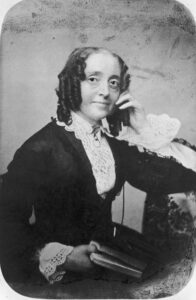
Emancipation from every kind of bondage is my principle. I go for the recognition of human rights, without distinction of […]
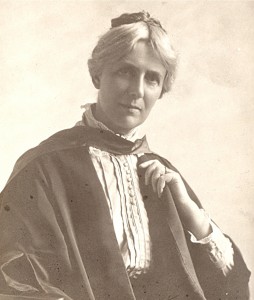
Mackenzie Hall is a community space in the village of Brockweir, Gloucestershire, given by Millicent Mackenzie in memory of her […]
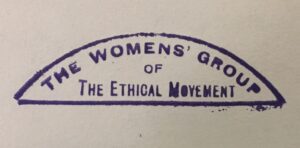
Of everything that presents itself unto thee to consider what the true nature of it is, and to unfold it. […]
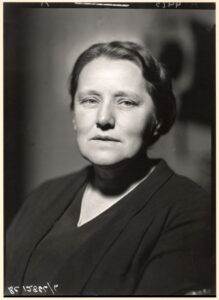
It lies within our power, if we so desire it, to make the familiar world we inhabit more worthy of […]